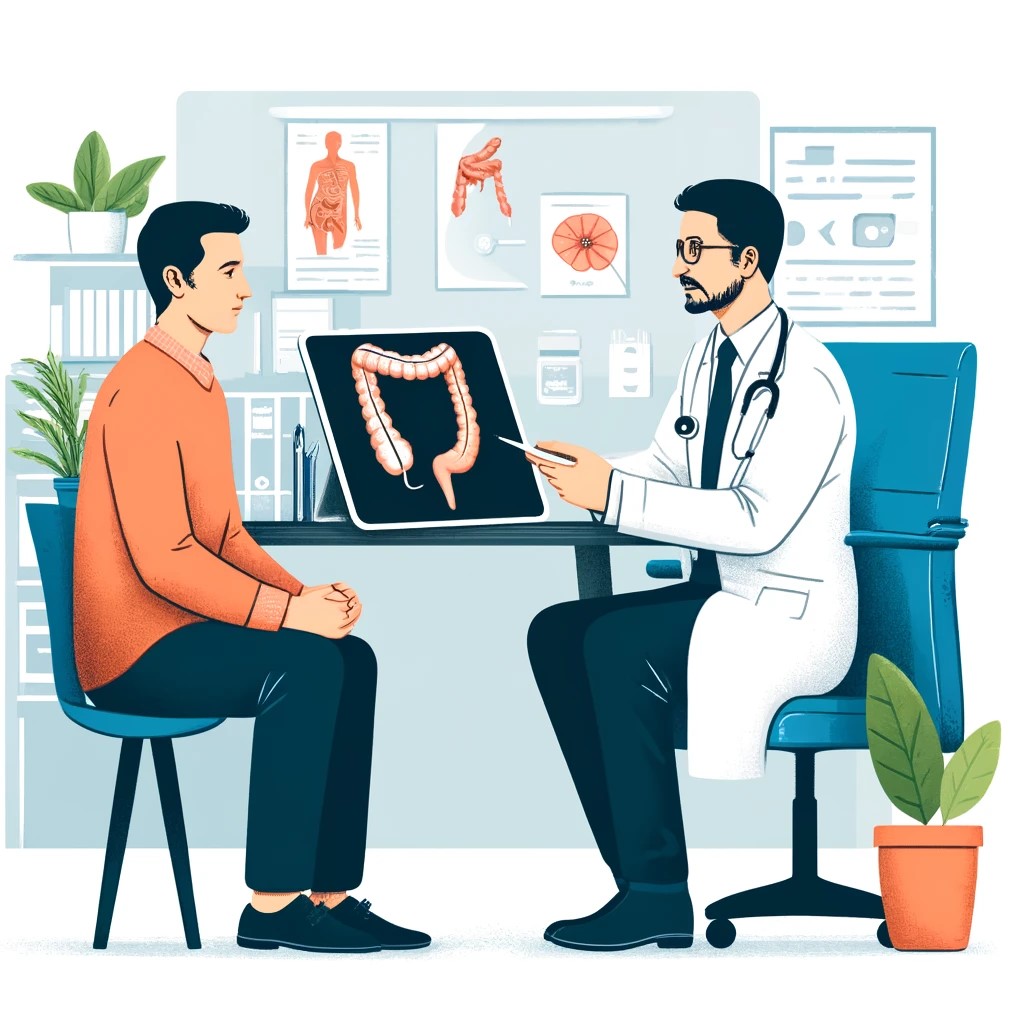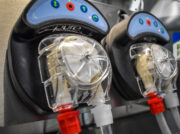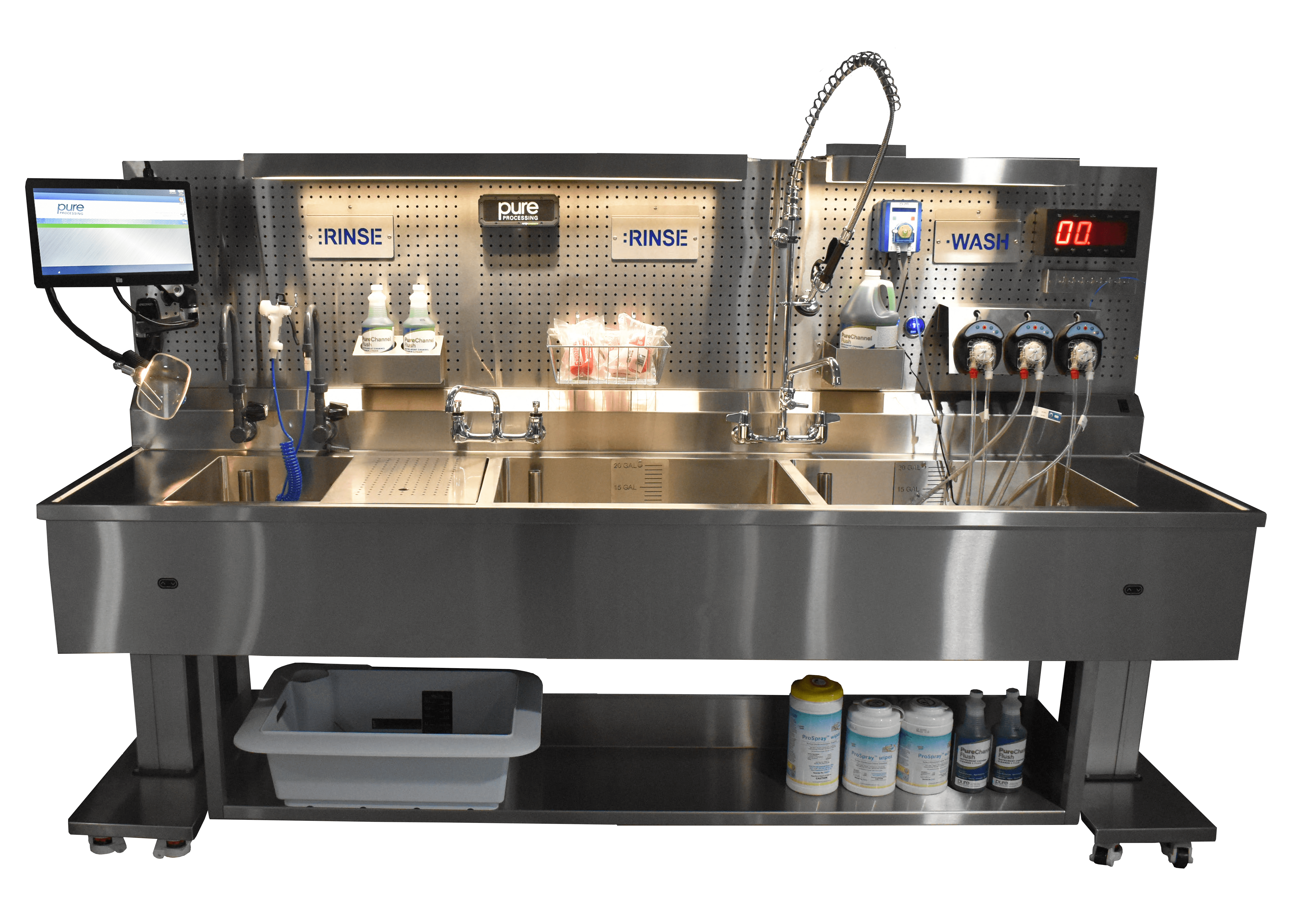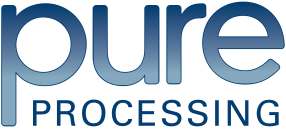
Navigating Rising Demand: GI’s Response to Rising Colon Cancer Screening & Reprocessing Volume
Preventive screenings play a vital role in public health, contributing to overall better health outcomes. Among these screenings, colon cancer screenings (colonoscopies) stand out for their early detection capabilities. Typically recommended for individuals aged 45 to 50, depending on their risk factors, these screenings are essential for spotting signs of bowel cancer in its early stages. Despite the short duration of the procedure, lasting only 15 to 20 minutes, its impact is significant, especially within the domains of public health and gastroenterology.
For gastroenterology and sterile processing departments, it’s crucial to consider the broader implications of colonoscopy procedures. As public health initiatives advocate for increased screenings and improved access to affordable healthcare, both the GI industry and SPD are confronted with significant changes and challenges.
Looking at the screening population
When considering colon cancer screening, understanding its importance becomes imperative due to the escalating diagnosis rates. From 1989-1990 to 2012-2013, rectal cancer rates in adults aged 50 to 54 increased to match those in adults aged 55 to 59 (Siegel). With these increasing rates, the United States Preventive Services Task Force lowered the recommended colon cancer screening age to 45 in May 2021, down from the previous age of 50 (Colorectal). While there are several positive aspects to this change, such as earlier detection and intervention, the expanding population within this new age range translates to a higher caseload for those in the GI and sterile processing space.
Population Before Recommended Screening Lowered to 45
| 55-64 Years Old | 43,408,408 |
| 65-74 Years Old | 33,111,965 |
| Total | 76,520,373 |
Population After Recommended Screening Lowered to 45:
| 45-54 Years Old | 40,868,806 |
| 55-64 Years Old | 43,408,408 |
| 65-74 Years Old | 33,111,965 |
| Total | 117,389,179 |
Percentage of Increase: 53.4%
Lowering the screening age broadens the pool of individuals eligible for colon cancer screenings, directly impacting demand on endoscopy professionals. Managing potentially double the caseload amidst existing challenges such as high turnover, inadequate compensation, and limited resources, presents significant hurdles. Despite their expertise, professionals in the GI space must execute meticulous work that supports optimal patient outcomes.
Exploring the 2024 GI Nurses and Technician Survey
The 2024 GI State of the Industry Survey, collected and presented by Pure Processing, is designed to provide a comprehensive overview of the current landscape within the GI field. Through the survey, emerging trends, key challenges, and positive developments are identified. Importantly, the survey serves as a platform for gastroenterology nurses to anonymously share their perspectives, allowing them to voice their appreciation for the industry and bring attention to areas in need of improvement.
“Keeping up with demand, particularly turnover, while maintaining compliance,” succinctly encapsulates the challenges prevalent in the industry, as one survey participant commented. The available screening population exacerbates deficiencies within the GI field. The survey shed light on the major shortcomings in four key areas: financial resources, staffing levels, compliance requirements, and support systems. Balancing an increased caseload with spatial constraints and regulatory demands proves challenging, even for seasoned practitioners. Despite the rising population, many nurses and technicians identify inadequate compensation and support as primary issues in their departments.
Another survey participants confirms how rising demands impacts work: “Too many procedures for the number of scopes available. Understand and respect the time to properly process a scope. They should all take the same amount of time if the technician is following the instructions.”
As cases increase, standards and guidelines also evolve and become more complex. Understandably, 30 percent of survey participants cite compliance as the foremost issue in their department. GI nurses face overwhelming caseloads while also managing scope reprocessing, requiring not just skill and patience but also significant time and resources. Nurses often feel unsupported as caseloads rise while resources remain stagnant. As caseloads surge, hospital revenue increases, underscoring the vital role nurses play in conducting procedures. There’s a pressing need for increased resources such as space, staffing, and support to ensure compliance and provide optimal patient care.
Conclusion
Despite its challenges, the collaborative spirit among nurses, nurse managers, and technicians is palpable. With over 100 mentions of “teamwork” in response to the question “What do you enjoy about being a GI Nurse, Nurse Manager, or Technician?”, it’s clear that teamwork is integral to achieving optimal patient outcomes. In an industry where mutual support and encouragement are paramount, nurses find solace and strength in their peers. This connection and compassion for one another are crucial components of a positive industry experience, especially as the industry constantly evolves and workloads increase.
Nurses in the field are not only hardworking but also compassionate, serving as the driving force behind public health principles. The advancement of public health is propelled by the dedication and commitment of those within the GI industry. This experience has expanded my understanding of public health beyond the confines of the classroom. I’ve learned that successful outcomes rely not only on patients’ decisions to get screened but also on the collective efforts of the industry, which steadfastly tackle challenges head-on. Despite these challenges, the unwavering teamwork within the GI profession demonstrates a commitment to providing the best care for our patients.
Written by Adriana Pierropoulos | Inside Sales Account Manager
Author Profile
As an Inside Sales Account Manager at Pure Processing, I leverage my public health background to educate our clients on ergonomic and advanced reprocessing solutions. Graduating from Purdue University with a BS in Public Health, I aim to empower and support our customers in optimizing their departments and processes. At Pure Processing, my primary goal is to raise awareness about our innovative solutions and advocate for our clients’ and patient’s needs. Through my dedication and passion, I strive to ensure that our customers receive the education and support necessary to create the best possible environments for their teams.
References
- Bureau, U. S. C. (n.d.). Age and sex composition: 2020.
- Colorectal cancer: Screening. (2021, May 18). US Preventive Services Taskforce. https://www.uspreventiveservicestaskforce.org/uspstf/recommendation/colorectal-cancer-screening
- Siegel, R. L., Fedewa, S. A., Anderson, W. F., Miller, K. D., Ma, J., Rosenberg, P. S., & Jemal, A. (2017). Colorectal cancer incidence patterns in the United States, 1974–2013. JNCI: Journal of the National Cancer Institute, 109(8). https://doi.org/10.1093/jnci/djw322



